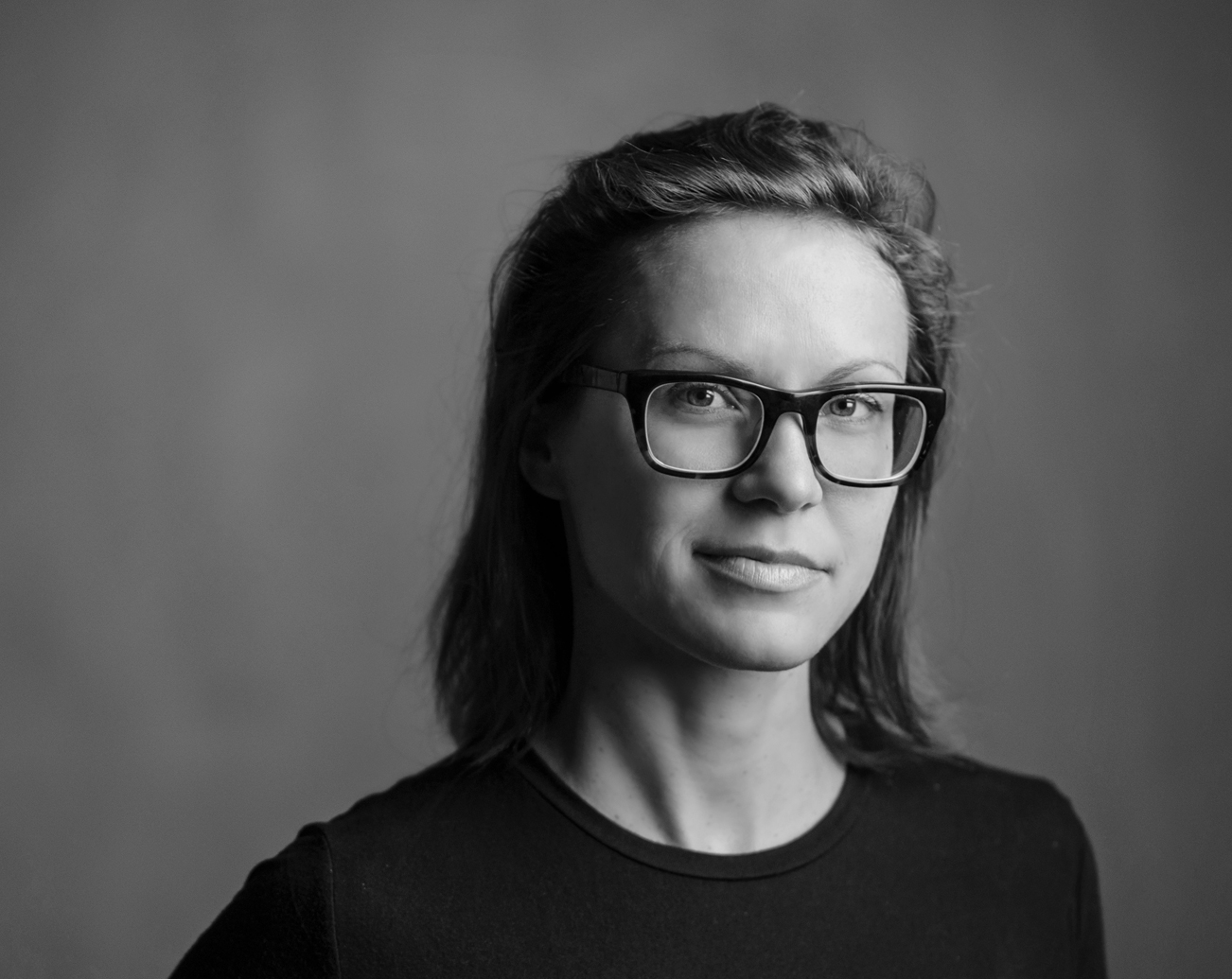ABOUT
Manuela Meier is a composer, classical accordionist and researcher/scholar born in Austria. Her compositional practice and theoretical research is based on the study of musical timbre, spectrum and the ephemeral nature of music, in the context of auditory perception, process philosophy and systems theories, and their interlinkage with temporal structures.
Manuela Meier's compositional and perceptual theory and approach is discussed in her dissertation "On the Peripheral: Sonic Ecologies at the Borderlines of the Possible – An Environmental-Systemic Approach to Music Composition" (Harvard University, 2019).

With a teaching experience of more than 20 years, Manuela Meier has taught at a number of educational institutions including Harvard University (2014-2018, incl. Head Teaching Fellow, receiving multiple Certificates of Distinction in Teaching, in Composition and Music Theory) and University of Utah (Assistant Professor in Composition and Music Theory).
Manuela Meier holds a PhD degree in Composition from Harvard University, where she studied under the supervision of Chaya Czernowin and Hans Tutschku, and where she also worked with Christopher Hasty, and visiting composers John Luther Adams, Roger Reynolds, Michael Pisaro and George Lewis.
Prior to her studies at Harvard University, Manuela studied Composition with Beat Furrer and Pierluigi Billone and Music Theory with Georg Friedrich Haas at the University of Music and Dramatic Arts Graz, Austria, and with Simon Mawhinney and Piers Hellawell at Queen's University Belfast, Northern Ireland (UK). She also attended master classes in composition, i.a. with Brian Ferneyhough and Georges Aperghis.
Furthermore Manuela studied Classical Accordion at the University of Music and Dramatic Arts Graz under the supervision of accordionists Georg Schulz, Janne Rättyä, James Crabb and Geir Draugsvoll.
Both instrumental and electroacoustic works have been performed at festivals and concerts throughout Europe, New Zealand, Australia, Mexico and the United States, such as the Huddersfield Contemporary Music Festival/UK, Festival of Contemporary Music - Sonorities in Belfast/UK, the Festival Next Generation at the Center for Art and Media (ZKM) in Karlsruhe/Germany, the Steirischer Herbst Festival/Musikprotokoll in Graz/Austria, Moving Sounds Festival New York, e_may Festival for New and Electronic Music, Internationale Ferienkurse Darmstadt, Aspekte Festival Salzburg in Austria, the Centro Mexicano para la Música y las Artes Sonoras (CMMAS) Morelia and the Laboratorio Sensorial Guadalajara in Mexico, as well as at the City Gallery Wellington in New Zealand and the Melbourne Recital Centre in Australia. Manuela's work has been played by ensembles such as the Arditti String Quartet, JACK Quartet, Mivos Quartet, Stadler Quartett, Ensemble PHACE, STROMA New Music Ensemble, Callithumpian Consort, ELISION Ensemble, Ensemble Lucilin, Ensemble Dal Niente, Ensemble Recherche, Rage Thormbones (Barbier/Olencki), Ensemble Yarn/Wire, Argento New Music Ensemble, as well as soloists Richard Haynes (clar) and Kevin McFarland (vlc).
Interdisciplinary work on the audification of earthquake data has been presented at Linux Audio Conferences (LAC), the International Conference on Auditory Display (ICAD) and International Computer Music Conferences (ICMC). Work presentations and lectures have also taken place at the IRCAM (Institut de Recherche et Coordination Acoustique/Musique) in Paris/France, Harvard University, New York University (NYU), the Center for Computer Research in Music/Acoustics (CCRMA) at Stanford University, Bienen School of Music at Northwestern University, Queen's University Belfast, the University of Maynooth in Ireland, IRZU Ljubljana in Slovenia, the Te Koki New Zealand School of Music of Victoria University Wellington and the University of Auckland in New Zealand.
As an instrumentalist, Manuela is the winner of the First Prize in the Austrian Youth Master Classical Accordion Competition of 2000, and has performed in Austria, the United Kingdom, Ireland, Bosnia/Herzegovina, the Czech Republic, the US, New Zealand and Australia, and in telematic concerts with the US, Canada and South Korea, with musicians such as Pauline Oliveros.
Manuela was finalist of the Kingston University International Call for New Work 2010 with the Arditti String Quartet and composer Wolfgang Rihm as artists in residence. In 2010 Manuela won the Förderungspreis (progess prize) of the Franz Liszt Kompositionswettbewerb 2010 of the Franz Liszt Hochschule Weimar in Germany. She was twice awarded the Adelbert W. Sprague Composition Prize.
Manuela was awarded scholarships in composition by Harvard University (US), the Fairbank Center for Chinese Studies, the SKE Fonds (Austria), the Schafer Fellowship for Excellence in Teaching, Paine and Morrill Fellowships, the Arts Council of Northern Ireland (UK), the Bliss Trust/PRS Foundation (UK), the School of Music and Sonic Arts at Queen's University Belfast (UK), the Austrian Federal Ministry for Education, Arts and Culture (Austria), the Kingston University London (UK), the Djerassi Artist Residence Program (US), the Fohn-Stipendienstiftung (Austria), Matrix 11 SWR Experimentalstudio Freiburg (Germany) and the International IMPULS Academy (Austria) amongst others.
In 2011-12, Manuela was the ensemble manager of New Zealand's Stroma New Music Ensemble, under the artistic direction of composer Michael Norris. Manuela has held further music management and arts administration positions, including at the Te Koki New Zealand School of Music at the of Te Herenga Waka Victoria University Wellington. She has served as jury member and reviewer for a range of institutions, including the International Computer Music Conference (ICMC) and the publishing house Taylor & Francis.
Her writings on music have been released by Wolke Verlag in 2016 and Harvard University in 2019, and her music has been released by the record label Col Legno in 2015.